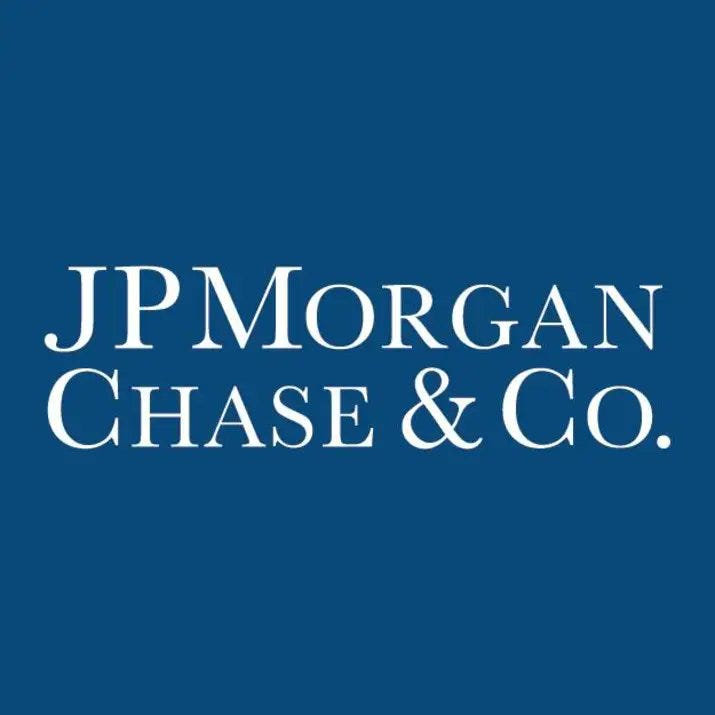Judge Approves Preliminary $290 Million Settlement Deal in Jane Doe-Epstein Case Against JPMorgan Chase
MANHATTAN - A $290 million settlement deal between lawyers for JPMorgan Chase and lawyers representing a Jane Doe in a class action suit is heading for the books, with Judge Jed S. Rakoff approving a settlement deal proposed by both sides on a preliminary basis in New York today.
Rakoff congratulated the lawyers who negotiated the settlement, calling it a “really fine settlement.” Lawyers from Boies Schiller Flexner LLP and Edwards Henderson Lehrman, including David Boies, Brittany Henderson, and Sigrid McCawley, were present in the courtroom and in high spirits afterwards on the courthouse steps. Under the settlement, as counsel for the victims, they’ll take in 30% of the settlement: that’s a whopping $87,000,000.
Rakoff appointed Simone K. Lelchuk to administer the deal. She was previously appointed by the judge to oversee the settlement of a $75 million payout for Epstein victims from Deutsche Bank won by a similar legal team.
Before appointing Lelchuk, Rakoff asked Boies if he had checked whether or not Lelchuk was offering a lower fee than the other options. In the Deutsche Bank case, Rakoff said, the other two candidates had been two very well qualified retired judges, and the fact that she was offering lower fees accounted for her selection. Boies confirmed that was still the case.
According to a draft copy of the settlement filed before today’s hearing, the deal resolves all claims on the bank from January 2st, 1998 - August 10th, 2019, by “individuals under the age of 18 who engaged in sexual contact with Epstein and/or a person connected to or otherwise associated with Epstein, and received money or something else of value in exchange for engaging in that sexual contact (even if the sexual contact was perceived to be consensual).”
To receive funds under the terms of the settlements, class members need to submit a questionnaire and a release to the administrator.
Rakoff also asked why, unlike the Deutsche Bank settlement, this settlement didn’t include a $75,000 minimum claim.
Boies explained that his thinking was that, in that case, “almost all the victims came from Russia and Eastern Europe…we thought for cultural reasons people might not come forward.”
“$75,000 was an incentive then?” Rakoff asked.
“Exactly,” said Boies, but in this case, he reasoned, the victims in question come from the United States.
There was no objection from JPMorgan’s lawyers, led by Felicia Ellsworth of WilmerHale, on any detail.
Bill Narwold, counsel for a similar, consolidated case which the United States Virgin Islands (USVI) brought against JPMorgan, did raise one objection, though he emphasized that the USVI is “very supportive of the settlement.”
It related to language which Narwold said “could be read to release sovereigns…like the US Virgin Islands.” It was very likely, he said, that USVI would object to the language, as well as other Attorney Generals in the country.
Narwold pointed out that it’s likely that not every victim will file a claim. Many, he said, are foreign nationals, and many will be hard to find. Given that, he said, USVI wanted to continue to protect their claims.
After a little bit of debate on the subject, Rakoff said that Narwold had brought up some interesting points and instructed him to file them in a formal objection.
--by Marlon J. Ettinger



